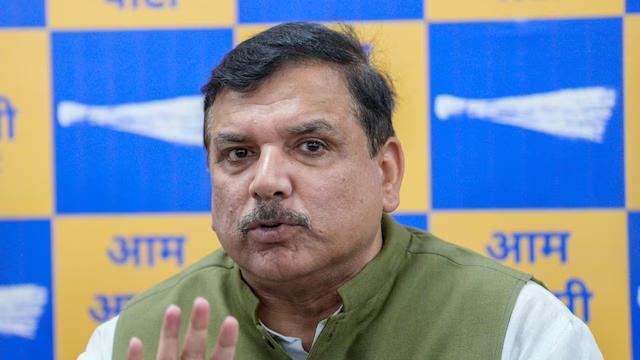
India’s New Obsessions: Quick Commerce & Short Drama Apps
In today’s digital age, consumer behavior is rapidly evolving, driven by the rise of innovative technologies and changing lifestyles. Two trends that have been making waves in India are quick commerce and short drama apps. These platforms have not only disrupted traditional industries but also redefined the way Indians consume goods and entertainment.
Quick Commerce: The Rise of 10-Minute Deliveries
Quick commerce, also known as instant delivery or rapid commerce, refers to the practice of delivering essential products within a short time frame, often within 10-15 minutes. This concept has taken India by storm, with the industry crossing ₹7,500 crore in FY24. The growth is impressive, with 68% of metro users ordering at least twice a week.
The success of quick commerce can be attributed to its convenience and speed. Gone are the days of waiting for hours or even days for deliveries. With quick commerce, consumers can get their hands on essential items like groceries, medicines, and other daily necessities in a matter of minutes. This is particularly appealing to urban Indians, who lead busy lives and value their time.
Several players have emerged in the quick commerce space, including Zomato, Swiggy, and Flipkart. These companies have leveraged their existing infrastructure and logistics networks to offer same-day or next-day deliveries. They have also developed sophisticated algorithms to optimize routes, ensuring that deliveries are made quickly and efficiently.
Short Drama Apps: The Rise of 3-Minute Entertainment
Short drama apps have also gained immense popularity in India, with 300 million users in 2025, up 40% from 2023. These apps offer bite-sized content, typically ranging from 3-5 minutes, featuring a mix of drama, comedy, and thriller genres. The content is often produced in-house, with many apps partnering with established studios and production houses.
The success of short drama apps can be attributed to their accessibility and affordability. With the rise of mobile internet and affordable data plans, Indians can now access a wide range of entertainment options on-the-go. Short drama apps have capitalized on this trend, offering a convenient and affordable way to consume entertainment content.
Ad Revenues Soar
The growth of quick commerce and short drama apps has also led to a surge in advertising revenues. Advertisers are increasingly turning to these platforms to reach their target audiences. In 2024, ad revenues for short drama apps hit ₹2,000 crore, a significant increase from previous years.
The rise of quick commerce and short drama apps has transformed consumer behavior in urban India. Consumers are now accustomed to instant gratification, with speed and personalization becoming the new benchmarks for success. This shift has significant implications for businesses, which must adapt to these changing consumer habits to remain competitive.
The Future of Quick Commerce and Short Drama Apps
As the quick commerce and short drama app industries continue to evolve, we can expect to see further innovation and disruption. Some of the trends that will shape the future of these industries include:
- Increased focus on sustainability: With growing concerns about climate change and environmental sustainability, quick commerce players will need to focus on reducing their carbon footprint and implementing eco-friendly logistics.
- Rise of social commerce: Short drama apps will need to integrate social commerce features, allowing users to purchase products directly from the app or engage with influencers and brands.
- Personalization: Both quick commerce and short drama apps will need to focus on personalization, using data and AI to offer tailored recommendations and experiences to users.
Conclusion
India’s obsession with quick commerce and short drama apps is a testament to the country’s rapid digital transformation. These platforms have not only disrupted traditional industries but also redefined consumer behavior. As the industries continue to evolve, we can expect to see further innovation, disruption, and growth. Businesses must adapt to these changing consumer habits to remain competitive and capitalize on the opportunities presented by these emerging trends.






